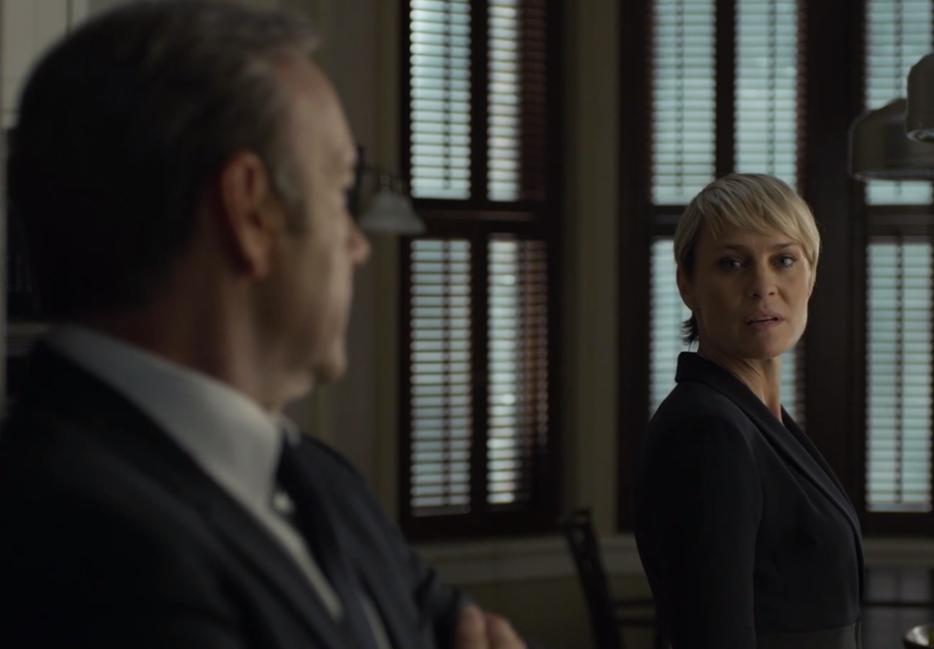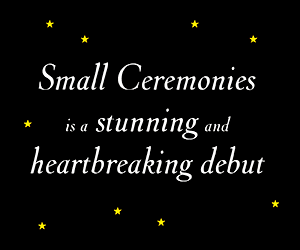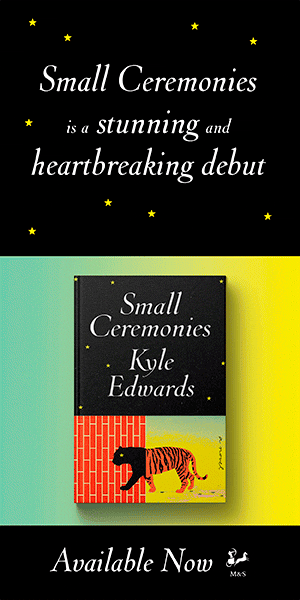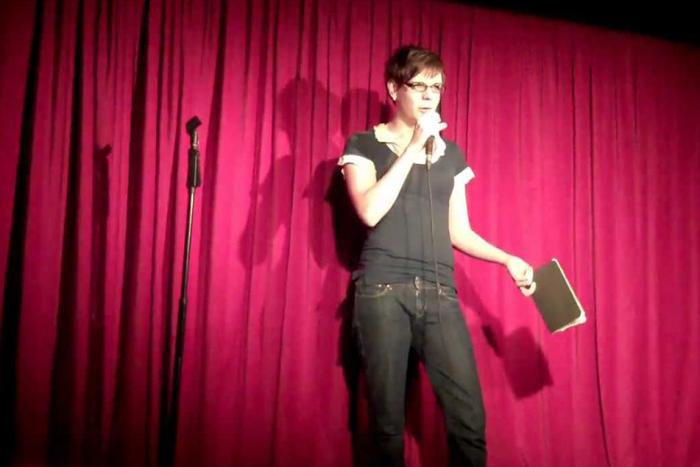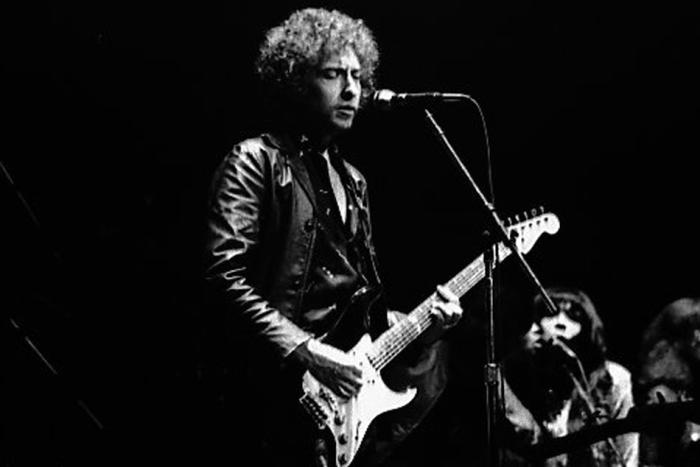Spoilers ahead for those of you who resisted binge-watching season 1 of House of Cards.
Sometimes I worry that laptop speakers, or the terrible white ear buds you get with an iPhone, will be the downfall of civilization. They’re too weak. They betray the sound of life with their rough timbre, void of body and presence. How, with such limited tech, can one give the proper attention to the bassline that thrums like a pulse beneath House of Cards?
With its second season set to land this Friday, I thought again of the low-end undercurrent to the Netflix drama. If you watched the show on the wrong screen, you may have missed it. It is an indistinct thing, rolling in at the start of the theme song like dark grey clouds over a shoreline, as if someone is turning up the volume on a song that was already playing. At other times, it simply creeps in during transitions, just to remind you it’s still there. For reasons I can’t quite explain, though, I feel as if it’s never really gone, as if during the show it doesn’t stop as much as occasionally drop to frequencies we can’t register—that, like power and sex and desire in the show, it hums constantly in the background.
But now that House of Cards is back, I’m reminded that when I binge-watched the show a year ago, that constant rhythm of libidinal drive that pushed the show forward was never quite ideal. In a tale of bald-faced ego and lust that we sat and watched in dazed five- or ten-hour stints, a question lingered: what, in this throbbing of yearning and desire, is fiction about power actually supposed to do?
Power, after all, is the lynchpin of the show. Like the bassline that anchors the soundtrack, it bubbles and gurgles beneath the story of Frank and Claire Underwood and journalist Zoe Barnes. It criss-crosses everything: when Frank raises himself up to demand Peter Russo’s loyalty, it is his force of will expressed bodily; when Claire confronts Zoe, it is her unflappable self-assuredness that intimidates; and each of Zoe’s manipulations and manoeuvres is driven by a quest to be the one who breaks the story.
There is a strange, ineffable pleasure in watching these expressions of power in the show. In part, it’s the feeling we get that says, “Ah, yes, this is how things really are behind the veil of public decorum.” This is the satisfaction of the drama about political corruption: it speaks to our gnawing sense that the structures that shape our lives never quite run as they should.
But in another way, that pleasure is almost scopophilic, an identification for the autonomy and influence exhibited by these fictional people. Like Don Draper, Walter White, or Alicia Florrick, each of House of Cards’ main characters hovers in the liminal mid-space of desirability: one is never quite sure if one is repulsed by or drawn to them, put off by how they manipulate their power or turned on by how they run roughshod over others. This is the danger of the anti-hero, and why we are perhaps starting to tire of so many bad men on the small screen—not simply because we want to see good, but because we grow weary of TV that articulates our lust too clearly.
Yet if power surges like a current just under the skin of the show, it echoes another kind of yearning: the inseparability of control and desire. There is an eroticism to power, but so too is there a power to eroticism itself. Zoe and Frank both use sex to seduce each other and screw over other people, and it seems to capture something of the debate about sex work in general: something that works so well for both of them and is so clearly an expression of autonomy is too complex to dismiss neatly as another sexist plot point. At the same time, when Frank’s former employee Remy propositions Claire, his reason for being so bold is that before he “never had the bridal suite; staff always stayed at the Best Western four blocks away”—that previously he could not offer up phallic power in the appropriate degree. Yet Claire’s reaction is blasé, the constant yearning by men in her life to treat her as a trophy just one more bassy hum amongst a chorus of want that surges through the series. And in the chilling, brilliantly icy scene in which she gives a withering hand-job to dying security agent Steve, the inextricability of sex and power is made clear.
As all this libidinally charged contestation plays out, however, a question lingers: what does this do as drama? Is House of Cards realist fiction, a neo-Dickensian tale in the style of The Wire, simply set in the halls of Washington rather than the streets of Baltimore? Whether or not they mean to, each show purports to do the same thing: to peel back the veneer to show “us” what is underneath places we may not have seen before. Why else does Frank so conspicuously break the fourth wall and speak to us directly if not to draw us in, the dramatic irony implicating us in unfolding of the plot?
But unlike The Wire, which uses the density of plot and characters to produce a world that is eminently believable, House of Cards too quickly descends into hyperbole. When Frank sets his plan in motion and tells his chief of staff Doug Stamper he needs “someone we control completely,” you half expect him to cackle like a super-villain. The bassline that runs through the show isn’t just a question of narrative or subtext—it’s structure, too. It manifests in the absurd turn in which Frank murders Peter, a plot point that may as well have come out of cheap pulp rather than a show that occasionally pretended to lay bare how the powerful work.
Perhaps this is why the bassline seemed so important to me. If the pulse of power is what drives the narrative, then the meta-pulse is the hum of Hollywood, the need to produce entertainment that, well, entertains. Released all at once, the dense, fast-paced show made for excellent binge-watching. Yet as the tale of corruption washes over the viewer—over me—in the blurry daze of a weekend spent watching a single show, Frank’s tale and its quasi-Grecian overtones all seemed too much, pitched at too melodramatic a level to hit home in any real way. Rather than the grim satisfaction of The Wire’s careful interconnections between the various institutions of society—from Wallace’s murder in season one to Dukie’s descent into addiction at the show’s end—instead we simply got, in big flashing letters, POWER IS CORRUPT, AND POWER CORRUPTS. If fiction about power is supposed to elucidate the machinations of control, House of Cards goes too far, instead simply reminding us of what we already knew.
We live in a world where music is made to cater to Apple ear buds—where the depth and richness of a thing is obscured by the mechanisms with which we receive it. With House of Cards, I wonder if it’s the other way round—that the complexity of how power plays out in micro and macro is lost in the constant throbbing waves of bass in which the individual notes merge into one, as if, in the attempt to speak about power, one cannot say anything else. After all, if the id at the root of the pursuit of power plays relentlessly like a beat, then what we want from fiction is to shape that pulse into something more distinct, more careful, more revelatory.
The trailer for season two of House of Cards looks as compelling as you’d expect. The bassline rumbles in quietly after Frank’s quick dismissal of democracy. It’s all still there—the lust, the intrigue, the use of sex as currency, and of course, the quest for power. It’s even presented in a new ultra high-definition format, rich in visual detail. I’m sure it will make for a fun weekend. Still, it’s a funny little contrast—more technical fidelity, more characters, more twists, all in the service of a show which, instead of revealing something profound about power, simply turned it into a ceaseless hum we already knew was there.


